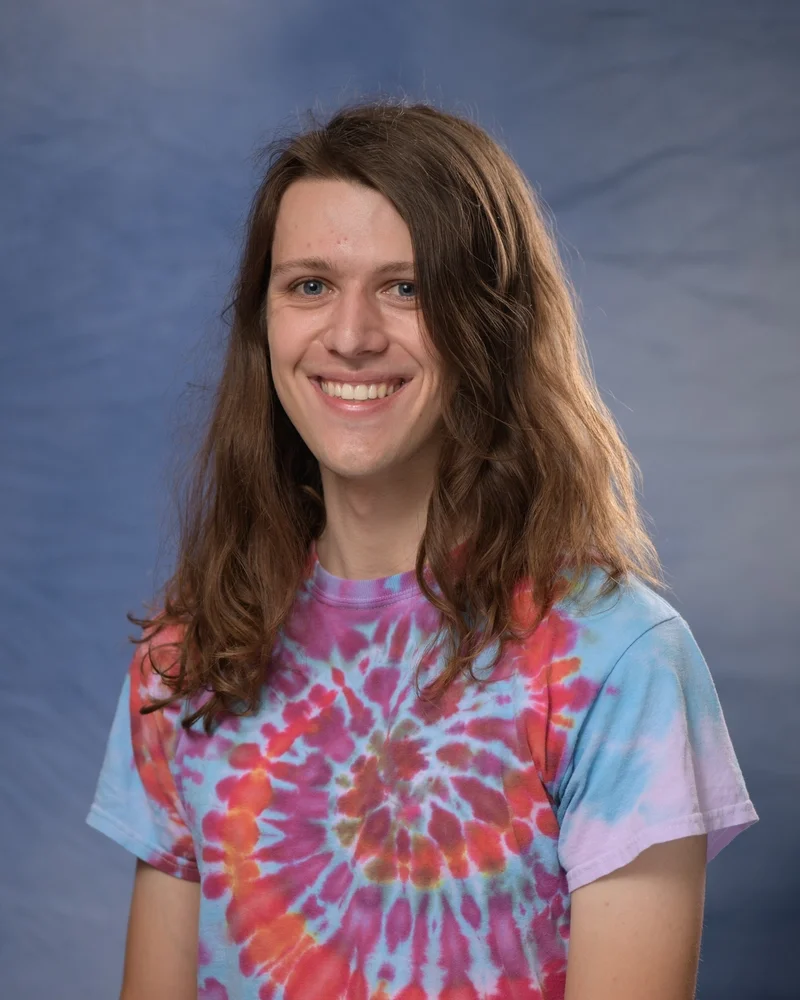
Ada Stelzer, a second-year mathematics PhD student at the University of Illinois Urbana-Champaign, was recently awarded a graduate research fellowship from the National Science Foundation (NSF) to pursue research in algebra, number theory, and combinatorics.
Stelzer, who holds baccalaureate degrees in mathematics and anthropology from Lawrence University, says she is excited and honored to have received the fellowship. In her current research, she attempts to use homological methods from algebraic geometry to answer questions in Schubert calculus.
With the support provided by this fellowship, Stelzer aims to unify and generalize many results that were published over the last 30 years, in the hope that her work might allow for simpler proofs and new perspectives on prior work. She also anticipates that new results emerging from this project might be able to help people solve other problems in Schubert calculus going forward.
According to NSF, the Graduate Research Fellowship Program (GRFP) is the oldest fellowship program of its kind in the United States. It directly supports graduate students in science, technology, engineering, and mathematics (STEM). Past fellows include Nobel laureates and National Academy of Science members. NSF also reports high rates of doctorate completion among members of the GRFP.
Stelzer notes that inclusion in the fellowship program has more immediate impacts, too. Many graduate-level grants and fellowship opportunities provide support to students for one year, but this fellowship provides support for three years. She believes this additional support will allow her to expand the scope of her research.
The most ambitious work she is considering is a special case of a problem that, were a solution to be found, would reveal new information about singularities of Schubert varieties.
Stelzer says her experiences and connections at UIUC helped prepare her to seize this opportunity. She says she is grateful for the tutelage she received from faculty members. In particular, she thanks her adviser, professor Alexander Yong, for his encouragement and guidance, and professor Eugene Lerman, who she says inspires her approach to teaching mathematics.
She also says she has received help and encouragement from her peers. “Part of the reason I decided to study here is because the community of mathematics graduate students is well-known for being friendly and supportive,” she says. “The first couple years of any graduate program can be daunting. Having that community to rely on has been really crucial.”
Stelzer looks forward to how her work might impact future research in mathematics.
“I think that in math (or at least in algebraic combinatorics), one general strategy is to provide as many connections between interesting objects as possible, in the hopes that a new perspective will suddenly make a difficult problem tractable,” she says. Like many mathematicians before her, she views her work as one piece of a larger puzzle, but she also notes the importance of collective persistence: “If we keep putting in pieces together, eventually something will click for someone.”
Shelby Koehne
4-12-23